New Law on Political Party Funding
The Chamber of Deputies in Bucharest has endorsed a bill on the funding of political parties.

Roxana Vasile, 19.03.2015, 13:39
Most elections in Romania in the past 25 years have been shadowed by accusations pointing to a questionable approach to election campaigns, through so-called handouts, usually foodstuffs given away to underprivileged people in particular, with the obvious purpose of buying their votes. Suspicions also linger on the source of the money used in campaigns, with generous donors often suspected of subsequently requesting favours from the benefiting candidates or parties in exchange for their support.
In short, while in many European democracies the financing of parties and election campaigns is strictly regulated, this is not yet the case in Romania. On Wednesday, with 262 votes in favour, 8 against and 20 abstentions, the Chamber of Deputies endorsed a bill on the funding of political parties and election campaigns. Initially turned down by the Senate, the document was amended by the Election Code Committee and it was eventually passed by the Chamber of Deputies, which has decision-making power in this case.
If the bill is signed into law by President Klaus Iohannis, election campaigns will be financed exclusively from the State Budget, with parties allowed to borrow money from individuals and legal entities, but only on the basis of notarised agreements. Goods carrying election logos can no longer be offered, and donations of more than ten minimum wages can only be made via bank accounts. The Social Democrat Deputy Mircea Draghici, the initiator of the bill, said the next election campaigns will be a lot more transparent:
“The money received by candidates will be channelled only into specific types of expenses: radio, television, online and printed publicity, flyers and pamphlets. There will be no more handing out of goods with electoral logos. In order to enhance transparency, donations must be done through bank accounts.”
The head of the Election Code Committee, the Liberal Mihai Voicu, stressed in his turn that the law cuts the financing ties between candidates and political parties, on the one hand, and those who support them during the campaign and may make this support conditional on specific benefits later on:
“The fact that the Romanian law includes all the recommendations, without exception, of the group of countries fighting against corruption, is, in our opinion, a huge step forward. I appreciate the consensus of political parties, because it indicates our common willingness to leave all these irregularities behind.”
But the new law on the financing of political parties and election campaigns is not free from criticism. The populist Deputy Tudor Ciuhodaru speaks about “hypocrisy” and claims that election campaign will continue to be funded illegally. The Democratic Union of Ethnic Hungarians in Romania also raises questions regarding the transparency of donations and their spending by politicians.






























